Around 15% of the world population has infertility problems regardless of a country’s development. This makes it a significant problem of public health. 85% of couples practicing unprotected sex will conceive during the first year of trying. The rest will seek medical assistance or manage to get pregnant during the second or the third year of trying. A minimal number of couples will never be able to get pregnant.
[Read more]
Insemination (AIH – Artificial Insemination Husband; IUI – Intrauterine Insemination) is the simplest form of assisted fertilization. Criteria for insemination are infertility lasting more than a year (or more than six months for women over 36) with one of the following causes of infertility diagnosed:
[Read more]
IVF and ICSI (In vitro fertilization/intracytoplasmic sperm injection) are sophisticated methods of assisted reproduction. When a couple cannot conceive over a longer period of time, the woman’s eggs will be fertilized using the male partner’s semen in a laboratory. The so fertilized eggs, or embryos, will be transferred after a few days in a procedure called embryo transfer. [Read more]
Iram Clinic Services
In a short period of our work, since 2010, our patients have recognized us as a center of excellence in infertility diagnosis and treatment in Pakistan and beyond. We provide an individual approach to each couple and are dedicated to achieving success even in the most challenging cases.[Read more]
An essential part of assisted reproduction is the ultrasound exams. Extensive knowledge and experience are required in this area to establish the number and size of follicles accurately, correlate the findings with the thickness of the endometrium, assess potential complications, and determine the most favorable time to complete the cycle.
Insemination (AIH – Artificial Insemination Husband; IUI – Intrauterine Insemination) is the simplest form of assisted fertilization. Criteria for insemination are infertility lasting more than a year (or more than six months for women over 36) with one of the following causes of infertility diagnosed.
Follicular aspiration, or egg retrieval, is a transvaginal ultrasound-guided procedure in which oocytes, or eggs, are retrieved from the follicles. Follicles are structures in the ovaries, which grow in the first phase of the cycle. Their rupture and release of the egg mark the time of ovulation.
IVF and ICSI (In vitro fertilization/intracytoplasmic sperm injection) are sophisticated methods of assisted reproduction. When a couple cannot conceive over a longer period of time, the woman’s eggs will be fertilized using the male partner’s semen in a laboratory.

At Iram Clinic, we offer genetic testing options for your whole reproductive pathway, helping to build healthy families from the start.
Our whole ethos at Iram Clinic is to help people have a healthy family. For nearly 12 years, our teams have pioneered the use of Reproductive Genetics techniques, making it possible to test embryos and identify the ones with the correct number of chromosomes or test for specific genetic diseases before the embryos are implanted.
We offer genetic testing & screening options for your whole reproductive pathway - before conception, during IVF treatments, and early pregnancy.
Embryoscopy
Embryoscopy examines the embryo at 9-10 weeks' gestation through the intact membranes by introducing an endoscope into the exocoelomic space transcervical or transabdominal. This is likely to remain confined to the management of early pregnancy in selected families affected by recurrent genetic syndromes with recognizable external fetal abnormalities. The procedure-related risk of fetal loss is around 12 percent.
Fetoscopy is the examination of the fetus after 11 weeks of gestation. This is performed transabdominally in the amniotic fluid. The technique has evolved with the miniaturization of the optical device by using fiber-optics technology. This procedure is likely to find new applications with the development of ultrasound examination at 10-14 weeks' gestation to either confirm or rule out suspected external fetal abnormalities. Amniocentesis can be performed at the same time. The procedure-related risk is likely to remain below 10 percent, but no accurate figures can be drawn from the literature.
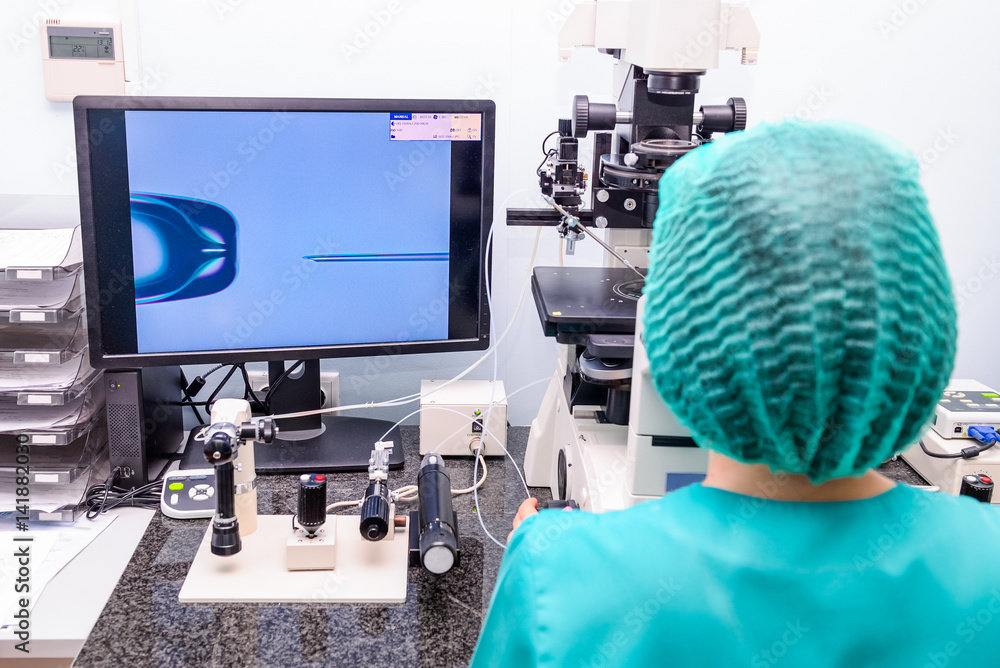



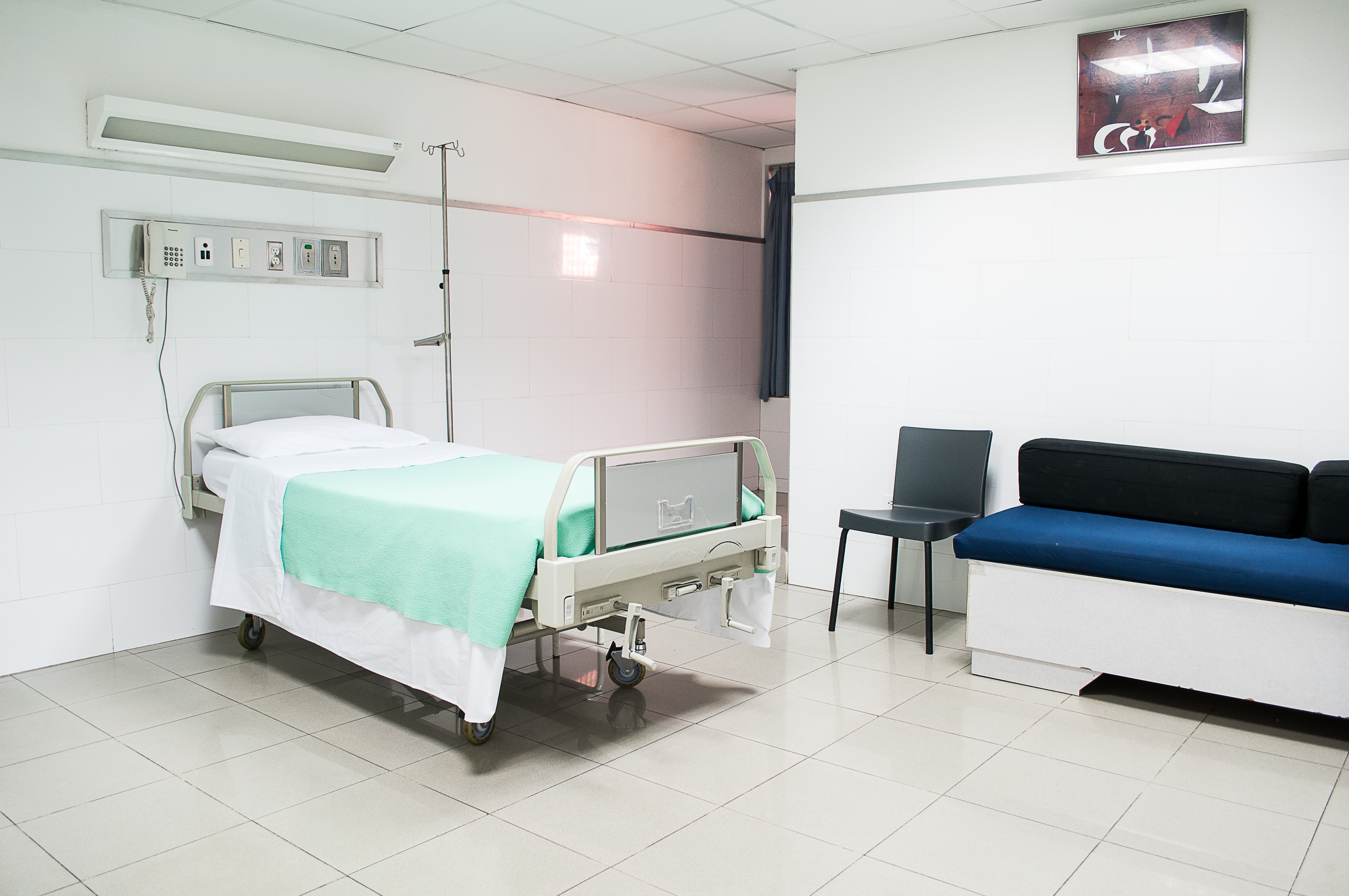


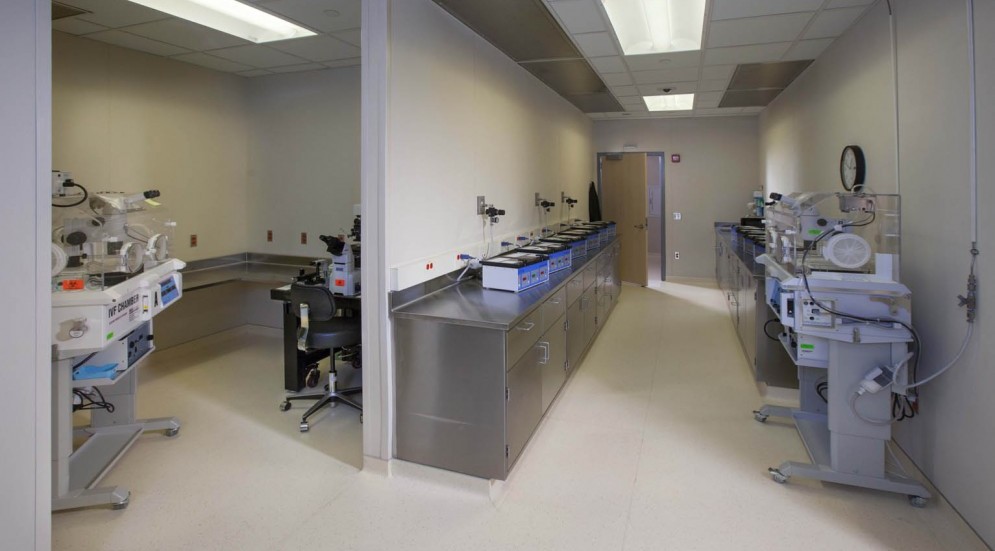
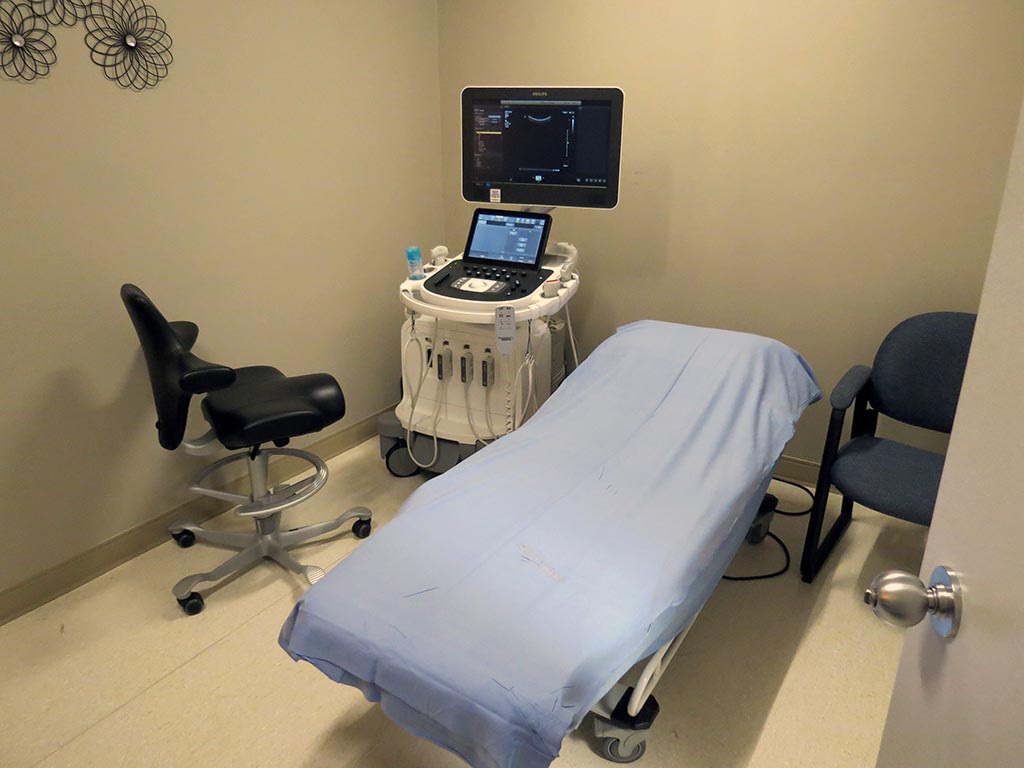

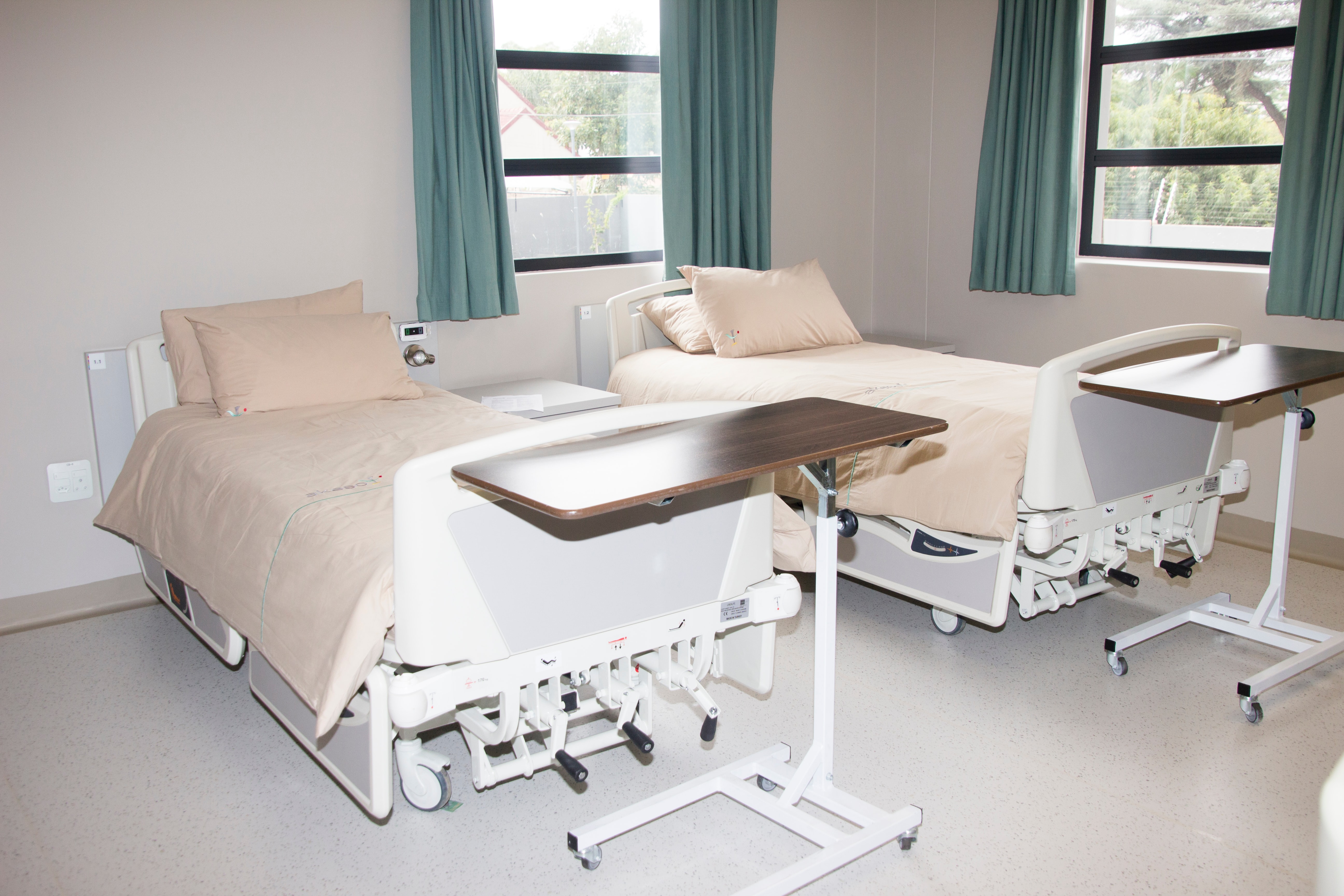






.jpg)
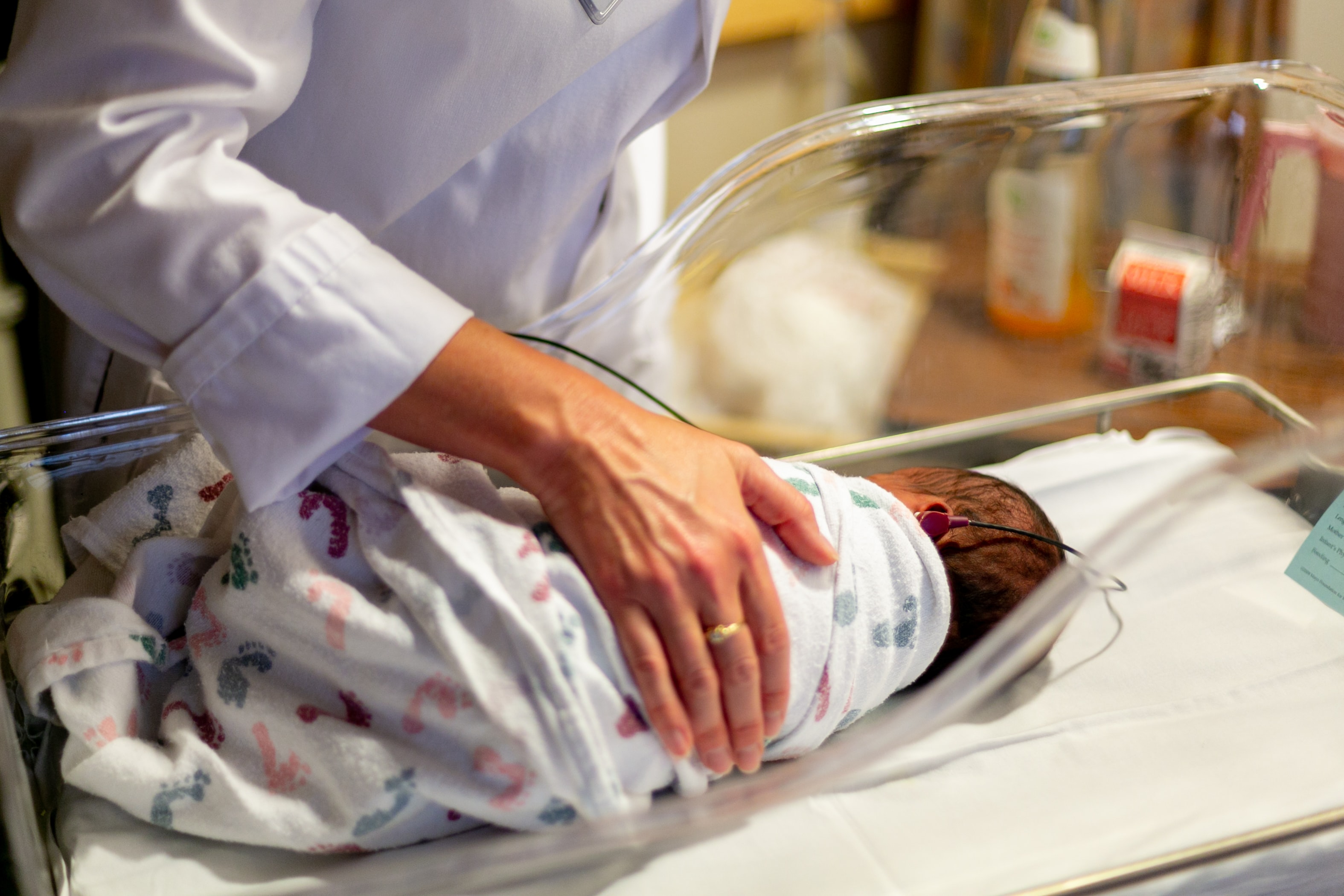
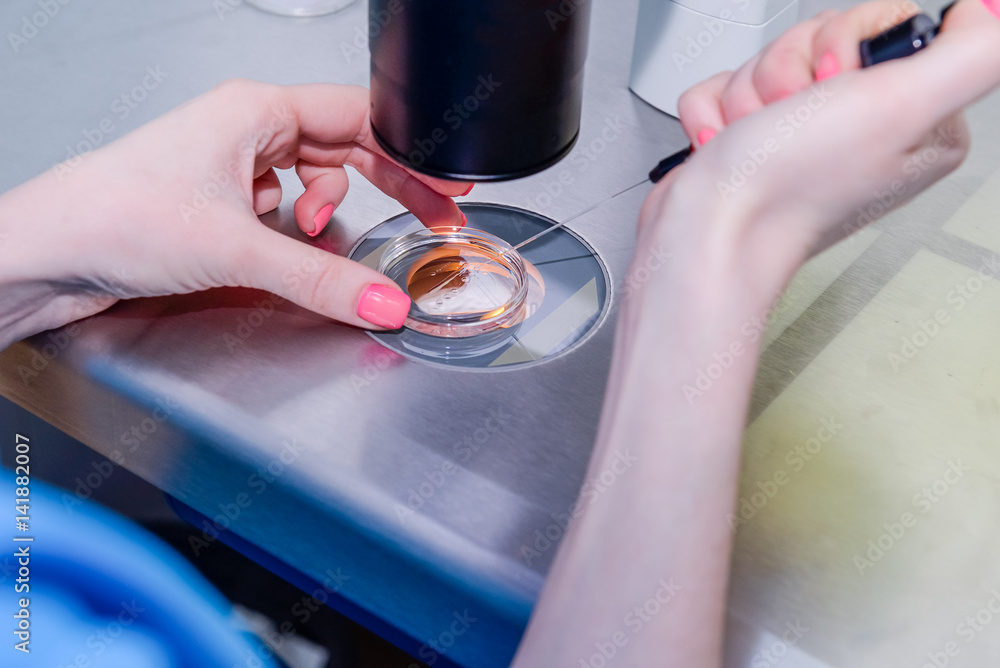


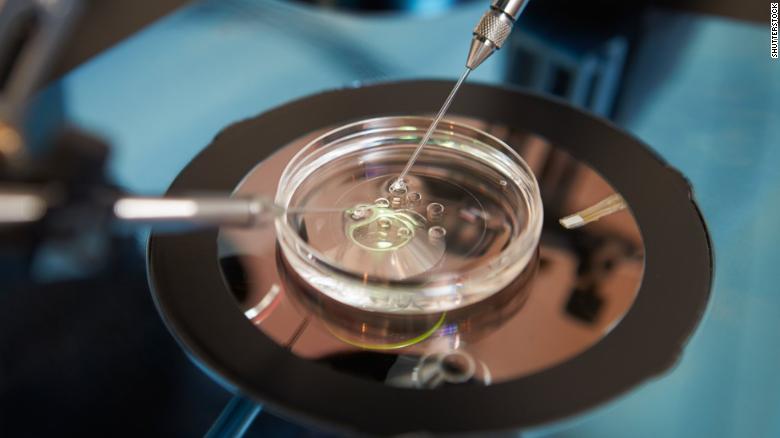
.jpg)

